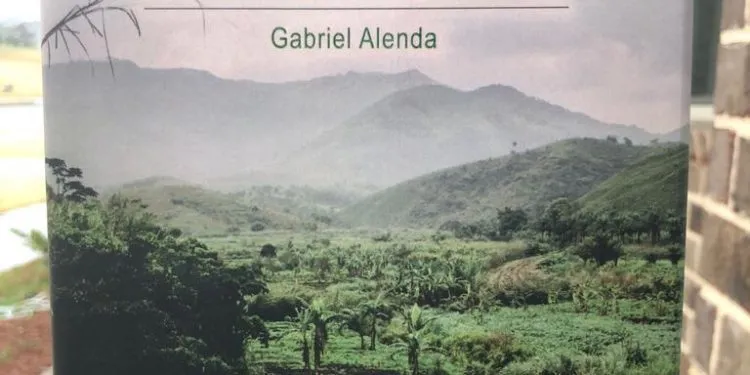‘Root of the Southern Cameroons Nationalism’ is the title of a new book set to chronicle Cameroon’s Anglophone Crisis termed one of the most neglected in the world.
In the book, Gabriel Amenda notes that the armed conflict remains underreported because the Cameroon government’s prevention of foreign reporters from entering the country and local reporters from independently visiting the war zone.
It also cites the UN, France and Britain, posing that the trio remains reticent to intervene due to France’s remote involvement in maintaining the status quo in the war zone.
“The complexity of the history of Southern Cameroons, now renamed Ambazonia, originates from a foreign imperialistic policy implemented nearly sixty years ago,” the work posits.
It also proposes the ideology that additional foreign powers today continue to enforce an ill-conceived policy that was never in the best interest of Southern Cameroons, forcefully keeping two distinctly different groups of people (Southern Cameroons and La Republique du Cameroun) together out of greed and expediency.
The book ‘Root of the Southern Cameroons Nationalism’ journeys through the historic causes of the 2017 uprising, which met with total repression and a declaration of war by the president, the evolution as well as the edicts and mandates imposed on Southern Cameroons from 1919 through the 1960s and 1970s.
The work, scholars believe, will among other things, provide the international community, media, negotiators, and international policymakers and decision-making people with an in-depth understanding of the conflict, a raging war that is claiming far too many lives.
Mimi Mefo Info



